
COVID-19 hospital patients were prescribed 21.81% more antibiotics than patients without COVID-19. How did this affect their risk of coinfection?


COVID-19 hospital patients were prescribed 21.81% more antibiotics than patients without COVID-19. How did this affect their risk of coinfection?

With the proliferation of therapies for skin and soft tissue infections (SSTIs), a clinician discusses how providers can appropriately find the balance between these novel therapies, the existing treatment guidelines, and stewardship.

A clinician has a novel approach to patient conversations around this topic to determine if they want to assess if their penicillin allergies truly present a problem for treatment.

In episode 1 of this short video series, a clinician discusses what types of patients are best suited for inpatient or outpatient care for these infections.

November is C difficile Awareness Month. We're recapping the most significant potential therapies and remaining challenges from the past month.
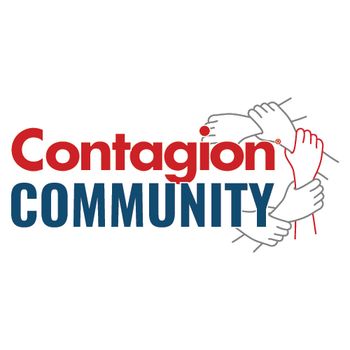
Dr. Teena Chopra discusses the global need to do more to prevent healthcare-associated infections like C difficile in vulnerable patient populations.

The company says it plans to begin talking with regulators next year after seeing positive efficacy data in the trials.

One clinician discusses strategies in how his institution minimizes the wide spectrum approach to antibiotics as well as tries to prevent potential complications.

In episode 1 of this short video series, a clinician discusses his experience in what his institution is seeing as well as how they handle their treatment protocol and stewardship where possible.
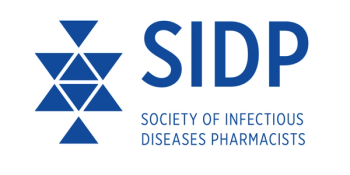
Emerging literature suggests therapeutic drug monitoring for this antimicrobial to minimize the risk for linezolid-associated toxicities while maintaining efficacy in select populations.
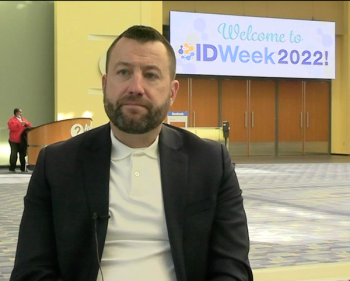
Lodise breaks down significant findings from his 8 IDWeek 2022 posters.

Demystifying clinical data for treating invasive AmpC-harboring Enterobacterales.

Entasis presented follow-up data for its therapy, sulbactam-durlobactam (SUL-DUR), and its phase 3 ATTACK trial. The company is looking at a potential mid-2023 regulatory approval.

Encouraging ICU physicians to utilize rapid diagnostics, like the FilmArray Pneumonia Panel, may improve patient outcomes.

Sepsis diagnosis often takes days. Dr. Roy Davis and his team have developed a test that can diagnose sepsis in an hour.

Traditional therapy coverage does not include recent data that offers some updates in evaluating the current effectiveness of empiric antibiotic treatment.
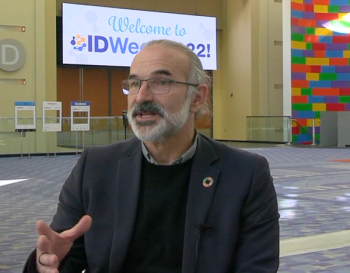
Dr. Simon Portsmouth elaborates on the potential of Shionogi's cefiderocol, an up-and-coming agent in the fight against antimicrobial resistance.
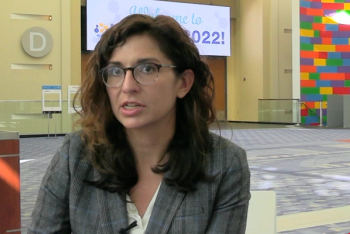
At IDWeek 2022, Erica Stohs, MD, MPH, presented surprising findings about unnecessary antibiotics in a cohort coinfected with COVID-19 and pneumonia.
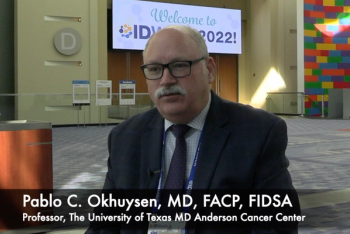
There is a significant need for C difficile treatments that don’t destroy the microbiome.

Antimicrobial stewardship works, one IDWeek 2022 study found.

Shionogi shared positive clinical cure rates from their ongoing trial of Fetroja (cefiderocol) for difficult-to-treat Gram-negative infections.

Extending antimicrobial stewardship programs to transition of care and discharge may prove beneficial to reduce unnecessary antibiotic use.

Novel β-lactamase inhibitor enmetazobactam with cefepime exceeded noninferiority to piperacillin/tazobactam in complicated UTI, pyelonephritis.

Oral antibiotics after partial completion of intravenous regimen for S aureus bacteremia improves outcomes of persons who inject drugs (PWID), which is a population that often has limited access to treatment.
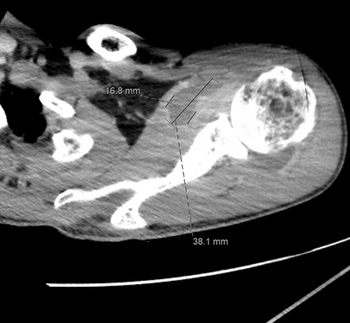
Gonococcal septic polyarthritis is an uncommon manifestation of N gonorrhoeae infection, but has increased by about 40% in recent years.